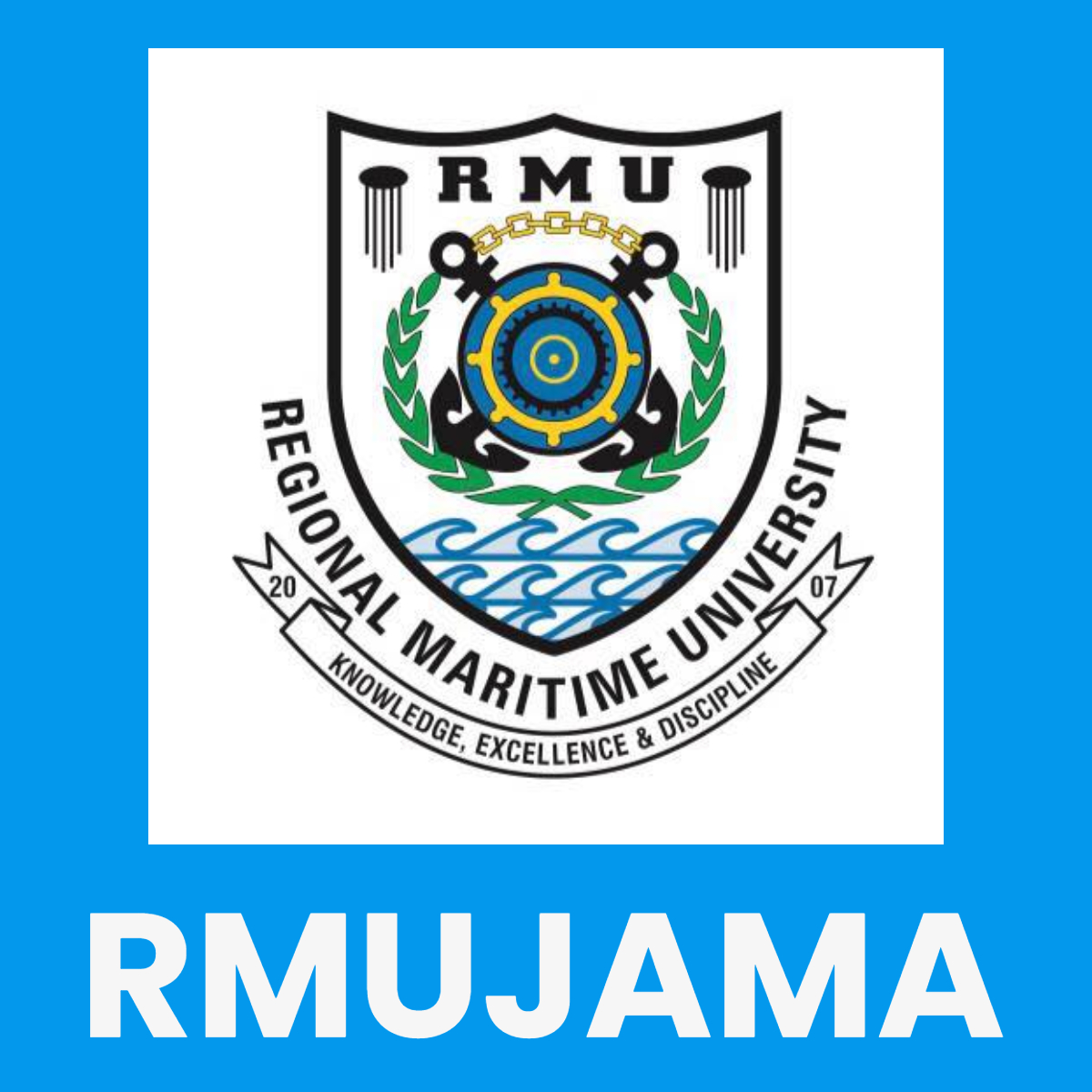Sustainable Marine Technology: Africa's Path Toward Green Shipping Solutions
The adoption of sustainable marine technologies is essential for Africa's maritime sector to meet environmental goals and reduce the impact of shipping on climate change. This article explores the latest developments in green shipping technologies, including alternative fuels, energy-efficient vessels, and emission reduction systems. It evaluates the potential for these technologies to support Africa's maritime industry in becoming a key player in global sustainable shipping initiatives.
